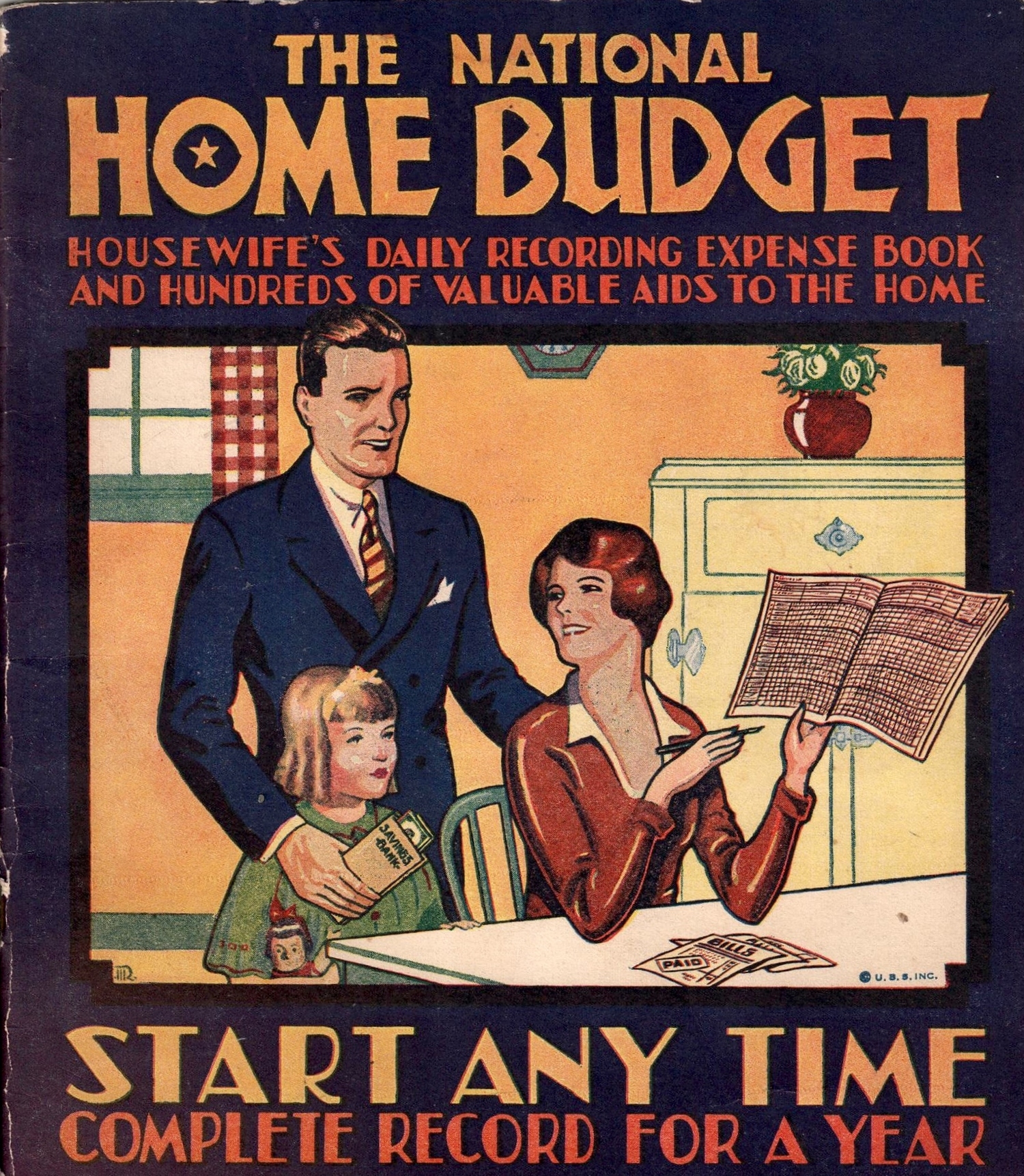Tax season in America is in full bloom, and although nobody really likes filing their taxes, most do enjoy a tax refund. A recent study concluded that the majority of Americans do indeed prefer to have a refund (versus paying a tax bill) at the end of the tax year and that sentiment is consistent across all income levels. However, receiving a refund is more of a psychological benefit to the tax filer than that of a financial benefit.
Getting a Tax Refund
Perception: You just got paid and you didn’t even have to do anything. This is cause for a celebration!
Reality: Unfortunately, a tax refund is not a payment at all. It’s simply the government giving back money that was yours from the time you earned it. In the meantime, the government has been borrowing and using your money at a very friendly 0% interest rate. Although many taxpayers may call this a budgeting technique (it keeps them from spending their money right after they’ve earned it), the survey results seems to dispel that idea: 67% of all refund receivers in 2015 plan on saving, investing, or paying down debt with the refund. Although those are great ways to use the refund, the fact of the matter is all three of those tasks would be better executed if you received the money when you earned it and instead of waiting to receive it at the end of the year.
Getting a Tax Bill
Perception: You did something wrong. Did you withhold too much? Or did you make more money than you anticipated this year?
Reality: Actually, you did something right, although it probably feels more like you’re paying more in taxes than you “should have to.” You’ve maximized the use of your earned income, but now you have to pay the balance of what you owed in the first place. This approach is particularly helpful when you’re paying off debt, saving, or investing throughout the year. Using your money up front (to invest, save or eliminate debt) enabled financial benefit through a couple of channels: paying debt sooner to reduce interest paid, reducing opportunity cost by saving sooner, and potentially increasing investment returns since your invested funds had more time to compound. Hint: you might also be able to throw some cash in a tax deductible IRA before April 15th and and make your tax bill disappear completely.
Not paying in, but not getting a refund either
Perception: You’re probably a little disappointed that you didn’t get a refund, but consider it better than receiving a tax bill
Reality: If this result was achieved on accident and without tax conscious thought and action, you’ve still got some work to do to maximize your income. If this was a result of thoughtful tax deduction and pre-tax retirement contributions, then job well done.
We are not tax experts, but can give you an idea how to maximize your retirement savings with tax-conscious actions. Click here to contact us and learn more about that.
photo courtesy of AgriLife Today
- Rising Rates Create Headwinds - November 8, 2024
- The Fed Finally Cuts Rates - October 10, 2024
- Interest Rates Stabilize, Stocks Bounce - September 6, 2024



Leave a Reply